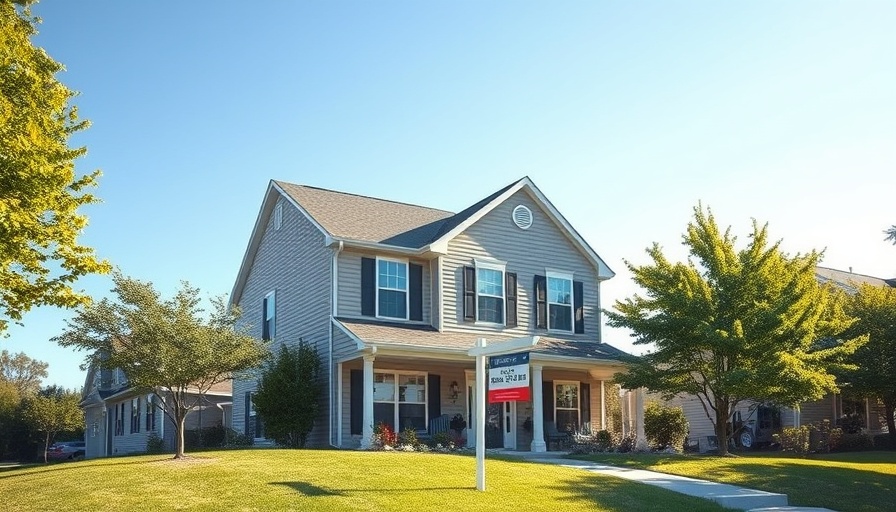
Why Are Homes So Expensive Right Now? The Key Reasons Examined
As anyone looking to buy a house knows, the real estate market has been nothing short of tumultuous. Surging prices, high mortgage rates, and a shaky economy have created a daunting landscape for potential homeowners. The average home price hit a staggering $443,000 in 2024, marking an incredible 30% increase over the last five years. More families are being priced out of the market, pivoting instead toward renting, which is surprisingly more feasible than buying in most major urban centers.
A Longstanding Housing Shortage
One significant factor driving these current prices is a severe housing shortage. For over a decade, the U.S. has faced an alarming trend of underbuilt homes, which traces back to the Great Recession of 2008. Back then, plummeting house prices led to a wave of foreclosures, causing builders to pull back on new constructions. This issue has persistently lingered, particularly affecting the availability of starter homes, which have become nearly impossible to find.
The pandemic further exacerbated the situation as demand surged amidst historically low interest rates. Stuck at home, many young families sought more space, draining what limited inventory existed. With many potential buyers competing for far too few homes, we witnessed a classic supply-demand imbalance.
Impact of Elevated Mortgage Rates
Even as listings are beginning to rise, high mortgage rates are keeping many buyers sidelined. Those who might have jumped at high prices in previous years are feeling a significant pinch, as elevated rates inflate monthly payments significantly. As mortgage costs surge, the dream of homeownership feels increasingly out of reach for many Americans, who now face over a month of waiting to close on homes – nearly 50 days on average versus 40 days in 2024.
This hesitance and market slowdown, however, create a glimmer of hope as price growth begins to slow down, making options available for those ready to buy.
The Shift Toward Renting
It's crucial to note how these dynamics have reshaped our approach to homeownership. For many, renting has become more attractive due to the economic landscape. Whether you're a first-time buyer or looking to downsize, the statistics show a compelling argument: renting often feels like the more financially prudent choice.
As the market fluctuates, this shift forces both buyers and sellers to reassess their strategies. Awareness of market trends can empower you to make informed decisions regarding your housing needs.
Moving Forward in a Complex Housing Market
Now more than ever, understanding these economic realities is vital for potential homeowners. If you're feeling disheartened by the prospect of purchasing a home, it’s important to consider all your options carefully, including the possibility of renting. By remaining informed and flexible, you can capitalize on opportunities as they arise.
For those looking to explore the market further, resources are available to help you navigate the complicated waters of buying versus renting. Visit local listings, consult with real estate agents, or check out affordability comparisons to better understand your personal situation within today's market.
Your Next Step Towards Home Ownership
As you consider your options in this evolving market, it’s crucial to stay informed and engaged. Understanding what drives current home prices not only enriches your knowledge but also equips you to make informed decisions about your future. Don’t hesitate—now is the time to explore working with real estate experts to guide your buying journey. Take proactive steps toward achieving your housing goals as the market continuously shifts.
 Add Row
Add Row  Add
Add 




 Add Row
Add Row  Add
Add 

Write A Comment